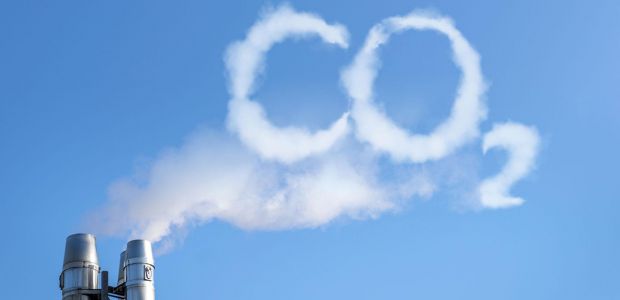The elimination of a formula applied by power utility PPC to calculate CO2 emission right costs included in industrial electricity tariffs, seen as lacking transparency, represents a key issue for major-scale energy consumers in 2020.
EVIKEN members, at a general meeting held by the association ahead of the festive season, questioned the CO2 surcharge formula applied by PPC to cover its costs resulting from CO2 emission right cost shifts.
Electricity bills issued by state-controlled PPC do not include an analysis of how this cost is calculated, EVIKEN members pointed out during the session.
This is not a new development. Over the past year or so, EVIKEN has demanded details on the CO2 calculation method from PPC. However, this request has not been met.
The issue has generated issues between the energy ministry, SEV, the Hellenic Association of Industrialists, and PPC as an offsetting measure offered to industries has not sufficed to cover this CO2-related cost.
EVIKEN responded by forwarding a series of letters to RAE, the Regulatory Authority for Energy, on the matter, claiming lack of transparency. The authority, an independent body, subsequently ruled that the CO2 surcharge seriously breaches the supply code.
All but two of PPC’s major-scale customers, who signed supply contracts exempting them from the power utility’s CO2 price clause, have been overcharged by a sum of approximately 20 million euros, according to EVIKEN.
As a result of the EVIKEN pressure, PPC appears likely to eliminate this CO2 clause from major-scale supply contracts.





